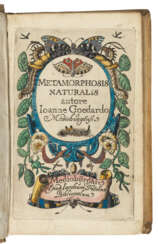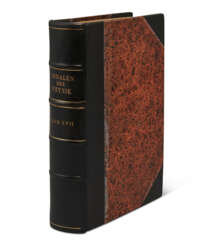
Medicine & science — Valuable Books and Manuscripts
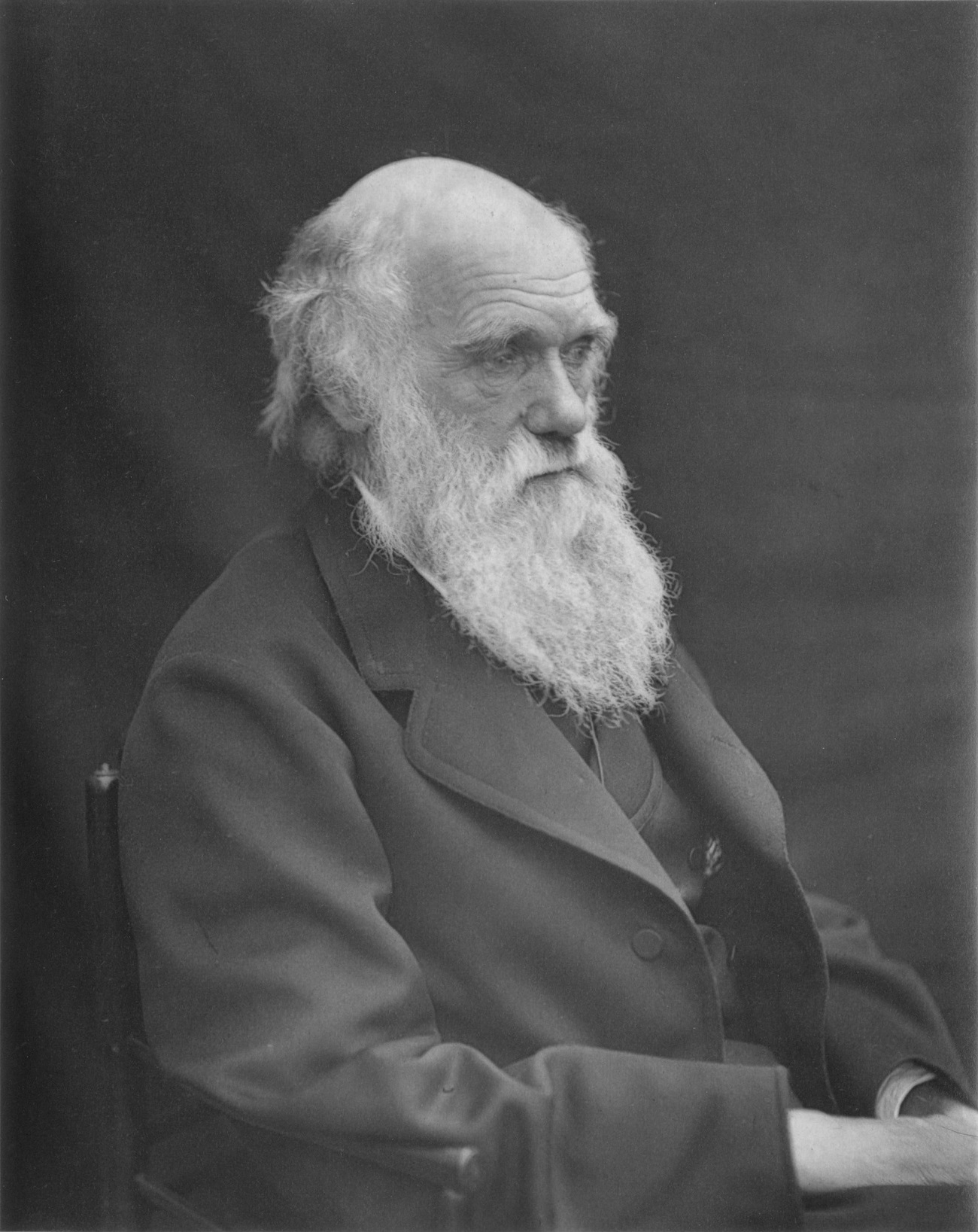
Charles Robert Darwin was an English naturalist, geologist, and biologist, widely known for contributing to the understanding of evolutionary biology. His proposition that all species of life have descended from a common ancestor is now generally accepted and considered a fundamental concept in science. In a joint publication with Alfred Russel Wallace, he introduced his scientific theory that this branching pattern of evolution resulted from a process that he called natural selection, in which the struggle for existence has a similar effect to the artificial selection involved in selective breeding. Darwin has been described as one of the most influential figures in human history, and he was honoured by burial in Westminster Abbey.
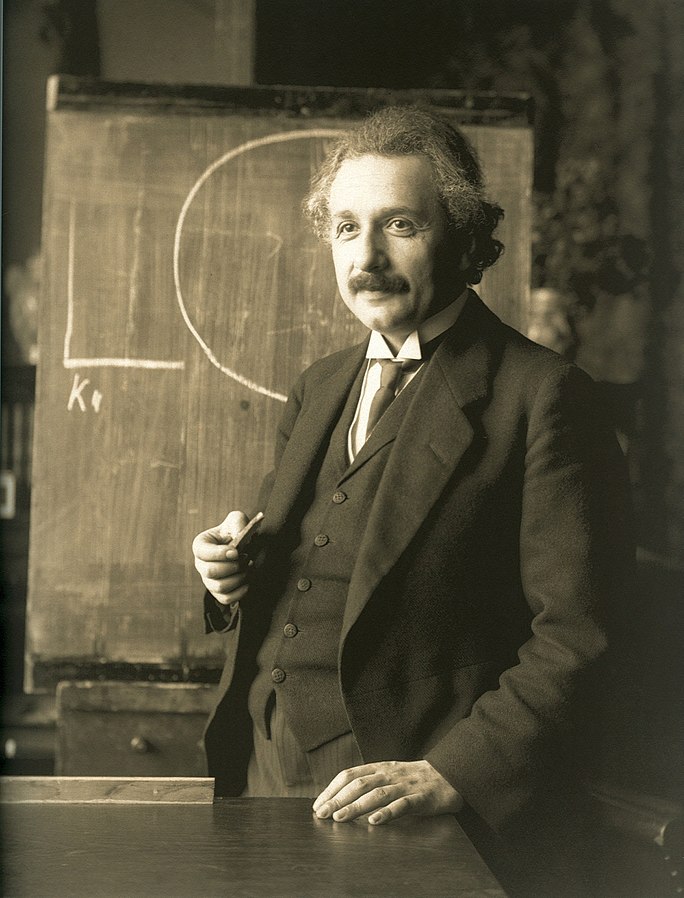
Albert Einstein was a German-born theoretical physicist, widely acknowledged to be one of the greatest and most influential physicists of all time. Einstein is best known for developing the theory of relativity, but he also made important contributions to the development of the theory of quantum mechanics. Relativity and quantum mechanics are together the two pillars of modern physics. His mass–energy equivalence formula E = mc2, which arises from relativity theory, has been dubbed "the world's most famous equation". His work is also known for its influence on the philosophy of science. He received the 1921 Nobel Prize in Physics "for his services to theoretical physics, and especially for his discovery of the law of the photoelectric effect", a pivotal step in the development of quantum theory. His intellectual achievements and originality resulted in "Einstein" becoming synonymous with "genius".

Albert Einstein was a German-born theoretical physicist, widely acknowledged to be one of the greatest and most influential physicists of all time. Einstein is best known for developing the theory of relativity, but he also made important contributions to the development of the theory of quantum mechanics. Relativity and quantum mechanics are together the two pillars of modern physics. His mass–energy equivalence formula E = mc2, which arises from relativity theory, has been dubbed "the world's most famous equation". His work is also known for its influence on the philosophy of science. He received the 1921 Nobel Prize in Physics "for his services to theoretical physics, and especially for his discovery of the law of the photoelectric effect", a pivotal step in the development of quantum theory. His intellectual achievements and originality resulted in "Einstein" becoming synonymous with "genius".

Albert Einstein was a German-born theoretical physicist, widely acknowledged to be one of the greatest and most influential physicists of all time. Einstein is best known for developing the theory of relativity, but he also made important contributions to the development of the theory of quantum mechanics. Relativity and quantum mechanics are together the two pillars of modern physics. His mass–energy equivalence formula E = mc2, which arises from relativity theory, has been dubbed "the world's most famous equation". His work is also known for its influence on the philosophy of science. He received the 1921 Nobel Prize in Physics "for his services to theoretical physics, and especially for his discovery of the law of the photoelectric effect", a pivotal step in the development of quantum theory. His intellectual achievements and originality resulted in "Einstein" becoming synonymous with "genius".

Albert Einstein was a German-born theoretical physicist, widely acknowledged to be one of the greatest and most influential physicists of all time. Einstein is best known for developing the theory of relativity, but he also made important contributions to the development of the theory of quantum mechanics. Relativity and quantum mechanics are together the two pillars of modern physics. His mass–energy equivalence formula E = mc2, which arises from relativity theory, has been dubbed "the world's most famous equation". His work is also known for its influence on the philosophy of science. He received the 1921 Nobel Prize in Physics "for his services to theoretical physics, and especially for his discovery of the law of the photoelectric effect", a pivotal step in the development of quantum theory. His intellectual achievements and originality resulted in "Einstein" becoming synonymous with "genius".
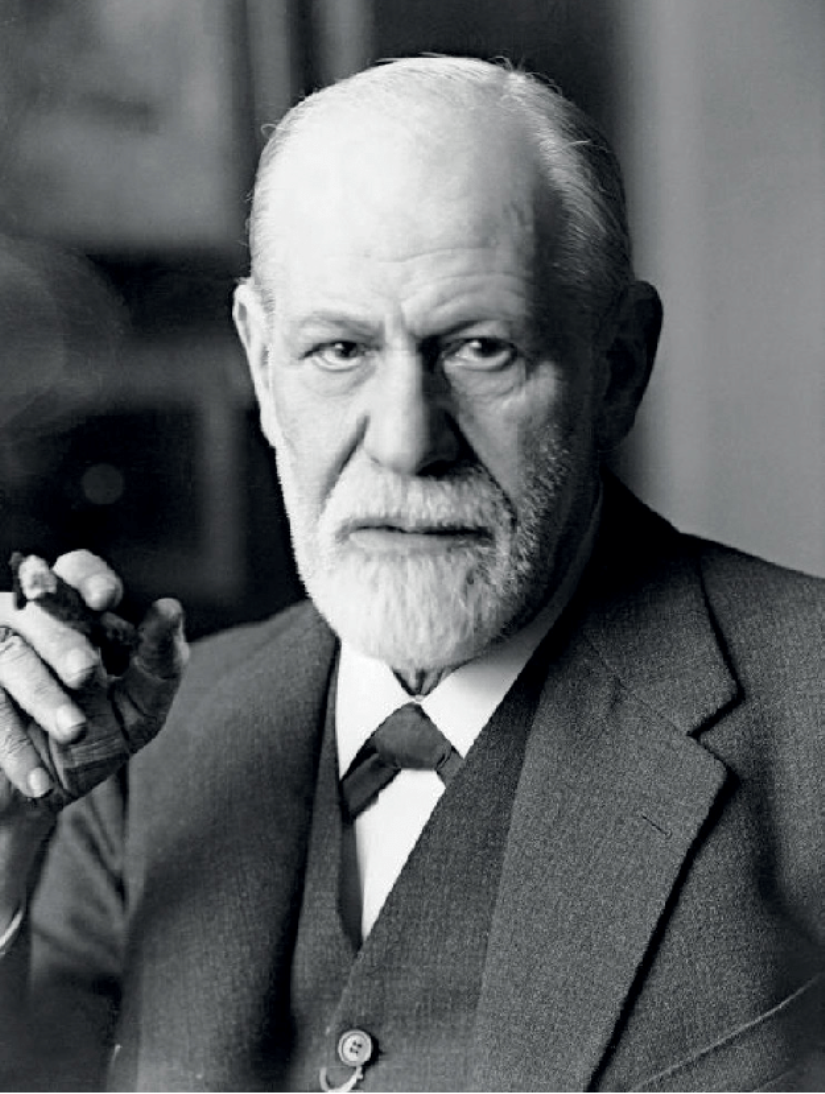
igmund Freud, born Sigismund Schlomo Freud, was an Austrian psychologist, psychiatrist and neurologist, the founder of psychoanalysis.
He graduated from the medical faculty of the University of Vienna, was engaged in self-education and numerous, cutting-edge for his time studies of the human psyche. The resulting psychoanalysis he created was both a theory of the human psyche, a therapy to alleviate its ills, and a tool for interpreting culture and society. Freud's psychoanalysis had a significant impact on psychology, medicine, sociology, anthropology, literature and art in the twentieth century.
Despite the sometimes harsh criticism of virtually all of his ideas and teachings, which continues almost a century after his death, Freud remains one of the most influential intellectual figures of our time.
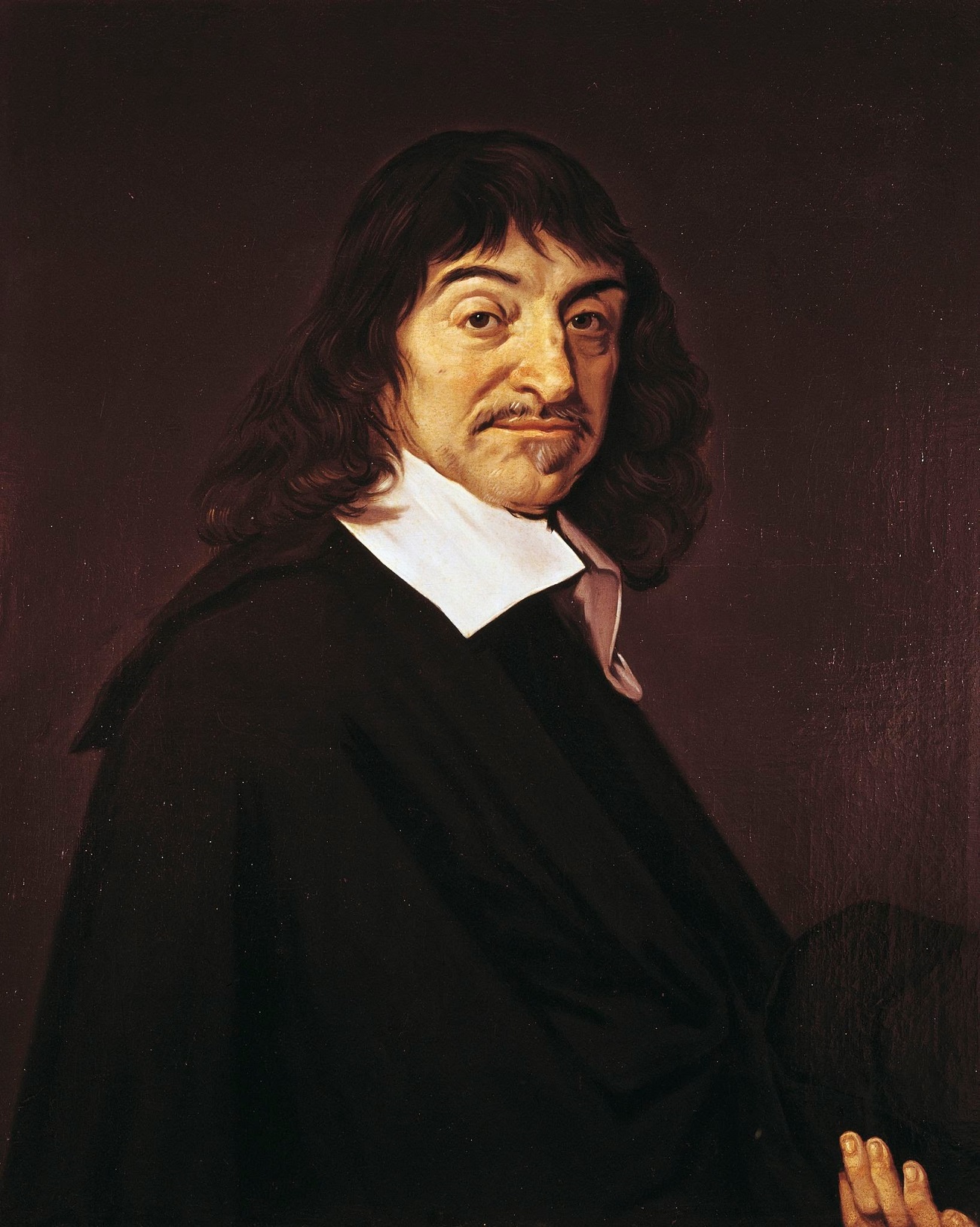
René Descartes was a French philosopher, mathematician, and natural scientist who is considered the founder of modern philosophy.
Descartes was a very versatile scientist: besides numerous philosophical reflections, he wrote works on optics, meteorology and geometry. Contemporaries noted his extensive knowledge in many sciences. Descartes owns the famous saying "I think, therefore I exist" (best known in the Latin formulation "Cogito, ergo sum", although it was originally written in French: "Je pense, donc je suis").
He developed a metaphysical dualism that radically distinguished between mind, whose essence is thought, and matter, whose essence is extension in three dimensions. Descartes' metaphysics is rationalistic, based on the postulation of innate ideas of mind, matter, and God, but his physics and physiology, based on sense experience, are mechanistic and empirical.
Unlike his scientific predecessors, who felt a holy awe at the incomprehensibility of the divine essence of the universe, Descartes admired the ability of the human mind to understand the cosmos and to generate happiness itself, and rejected the view that human beings were inherently unhappy and sinful. He believed that it was inappropriate to pray to God to change the state of things and the world; it was much more productive to change oneself.
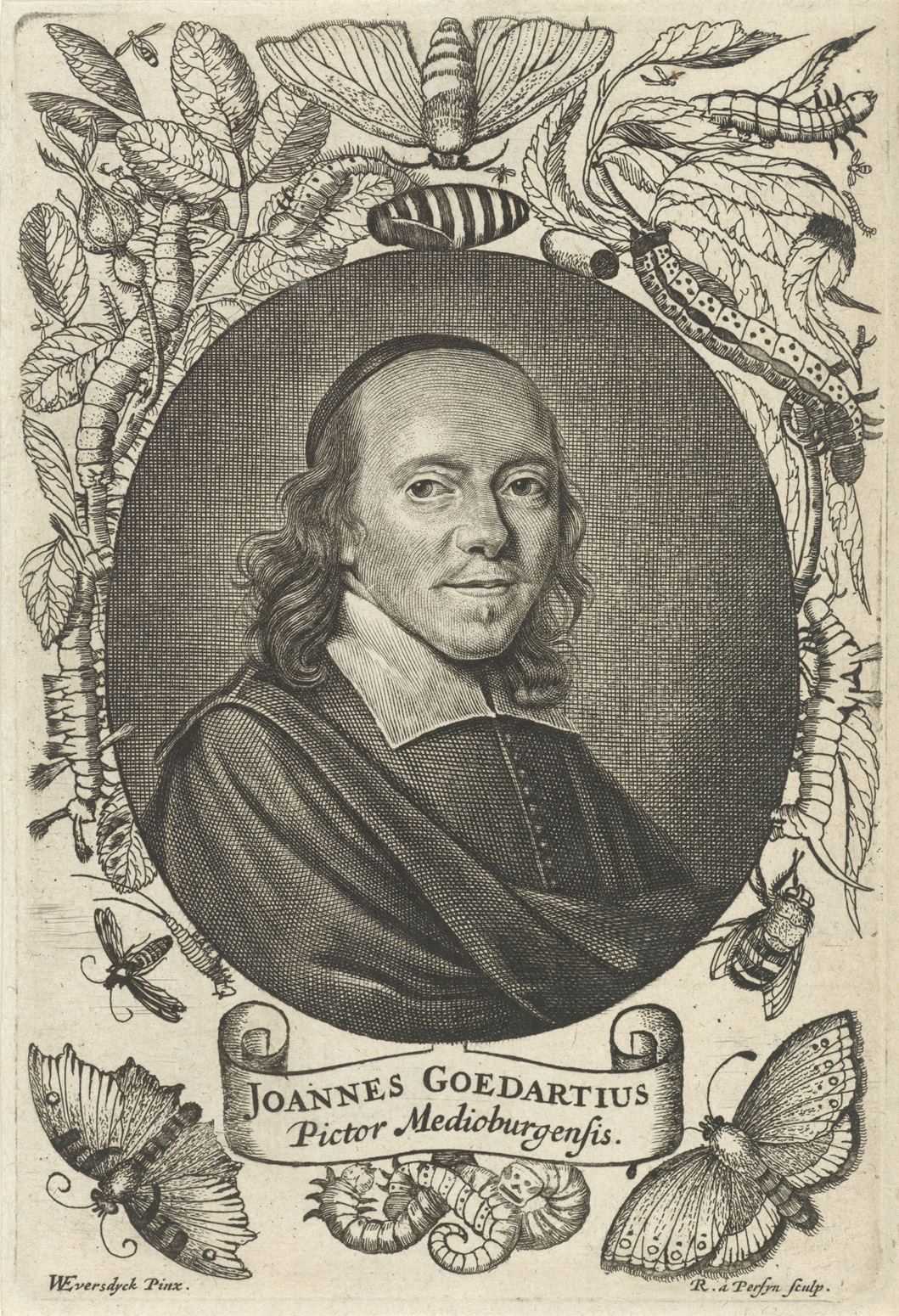
Johannes Goedaert was a Dutch naturalist, entomologist and artist.
Goedaert was one of the authors on entomology and the first to write about insects in the Netherlands and Europe, based on his own observations and experiments between 1635 and 1667. In 1660, Goedaert published the first of three volumes collectively titled Metamorphoses and History of Nature, the last volume appearing in 1669.
Goedaert's work is valuable in that for the first time he used his own drawings instead of woodcuts to illustrate his insects, and they are of noticeably higher quality than those in Moffett's volume. Goedaert was a talented and observant artist and draughtsman, and he used magnifying glasses but preferred to draw insects at life-size. The book depicts detailed phases of insect growth, including their metamorphosis. The scientist not only described the process of their development, but also described and sketched the various stages that insects go through during their life cycle.

Edward Donovan was a British-Irish amateur zoologist, illustrator and writer.
He was an avid collector and founded the Natural History Museum and Institute in London, which housed his extensive collection of natural history objects. Donovan was the author of a large number of works on natural history, and wrote several volumes on British birds, fish, and insects, botanical surveys, and on the entomology of China and India. All of these publications were supplied with good quality and detailed illustrations.
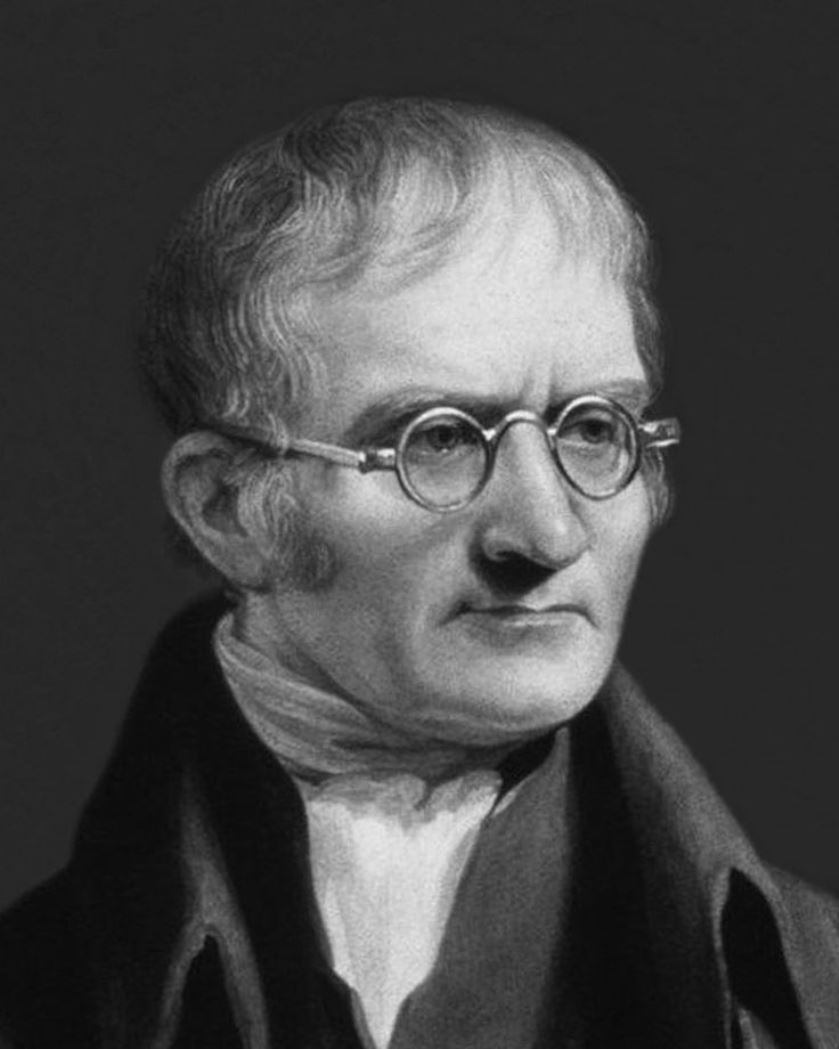
John Dalton was a British scientist, chemist and physicist, naturalist, and pioneer in the development of modern atomic theory.
In the 1800s, he was the first scientist to explain the behavior of atoms in terms of weight measurements. Some of the tenets of Dalton's atomic theory proved to be false, but most of the conclusions remain valid to this day.
Problems with his own eyesight led Dalton to research and describe the visual defect he himself suffered from in 1794 - color blindness, later named color blindness in his honor.
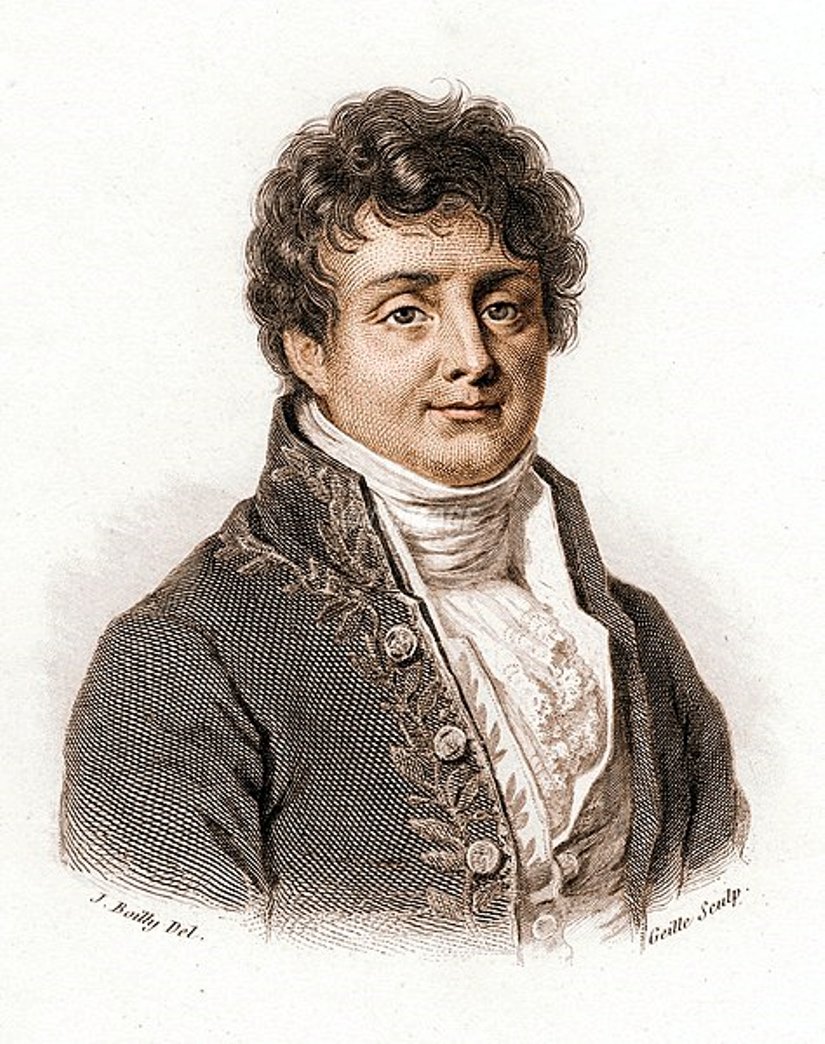
Joseph Fourier, full name Jean-Baptiste Joseph Fourier, was a French mathematician and physicist and historical Egyptologist.
Fourier famously accompanied Napoleon Bonaparte on his Egyptian expedition in 1798 as a scientific advisor and was appointed secretary of the Institute of Egypt. During the occupation of Egypt, Fourier worked in the French administration, supervised archaeological excavations, and worked to shape the educational system.
But the main thing in Fourier's life was science. Back in France, he studied the mathematical theory of heat conduction, established the partial differential equation governing heat diffusion, and solved it using an infinite series of trigonometric functions. Fourier showed that heat diffusion obeyed simple observable physical constants that could be expressed mathematically. His work The Analytic Theory of Heat (1822) had a great influence on the development of physics and pure mathematics.
Joseph Fourier was a member of the Paris Academy of Sciences, the French Academy, a foreign honorary member of the St. Petersburg Academy of Sciences, and a member of the Royal Society of London.

Albert Einstein was a German-born theoretical physicist, widely acknowledged to be one of the greatest and most influential physicists of all time. Einstein is best known for developing the theory of relativity, but he also made important contributions to the development of the theory of quantum mechanics. Relativity and quantum mechanics are together the two pillars of modern physics. His mass–energy equivalence formula E = mc2, which arises from relativity theory, has been dubbed "the world's most famous equation". His work is also known for its influence on the philosophy of science. He received the 1921 Nobel Prize in Physics "for his services to theoretical physics, and especially for his discovery of the law of the photoelectric effect", a pivotal step in the development of quantum theory. His intellectual achievements and originality resulted in "Einstein" becoming synonymous with "genius".


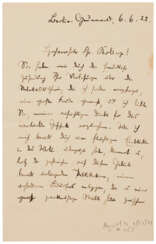

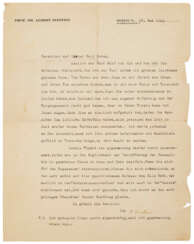



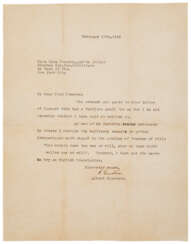

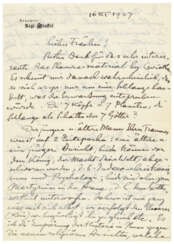

![[DESCARTES, René (1596-1650)]](/assets/image/picture_2945222/9d12c/1b1831dfc7e19e287b331e6d22dc7f781689112800jpg__fix_374_244.jpeg)
![[DESCARTES, René (1596-1650)]](https://veryimportantlot.com/assets/image/picture_2945222/9d12c/1b1831dfc7e19e287b331e6d22dc7f781689112800jpg__fix_374_244.jpeg)
